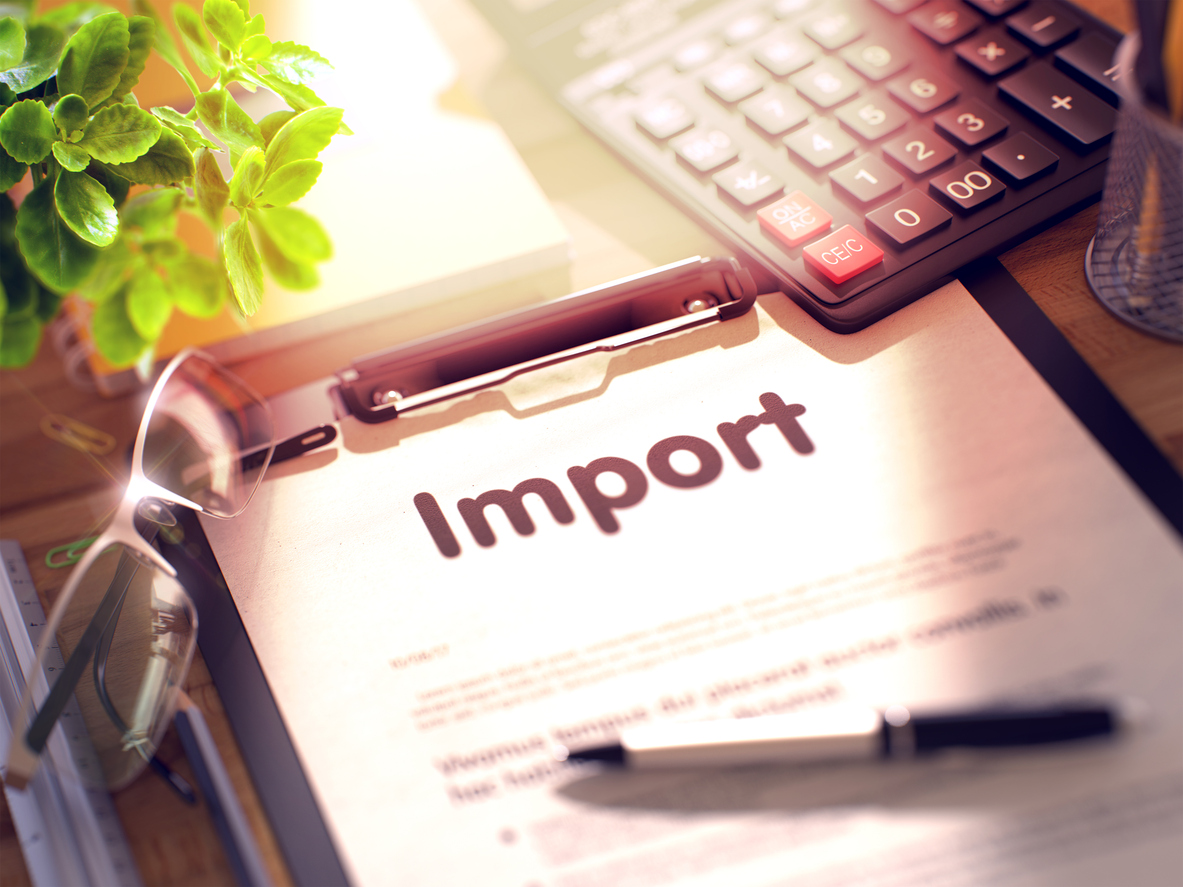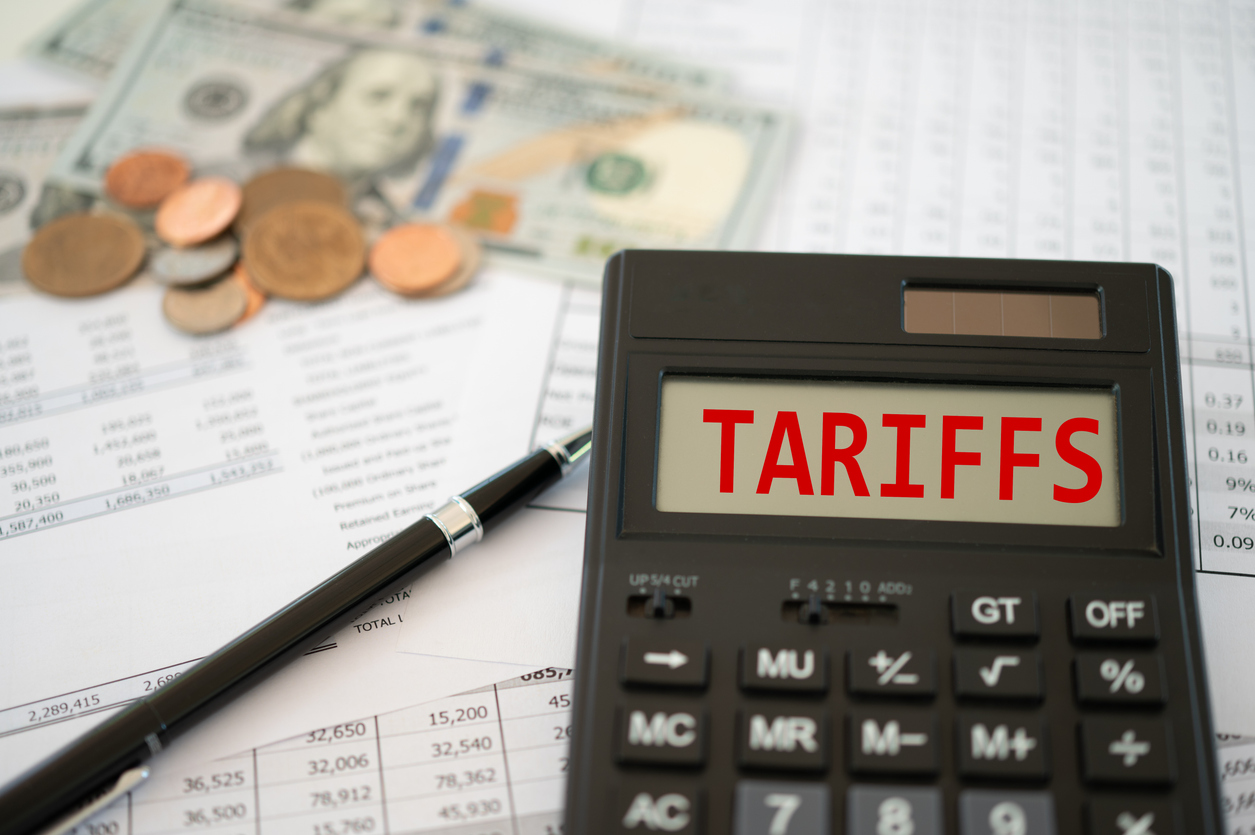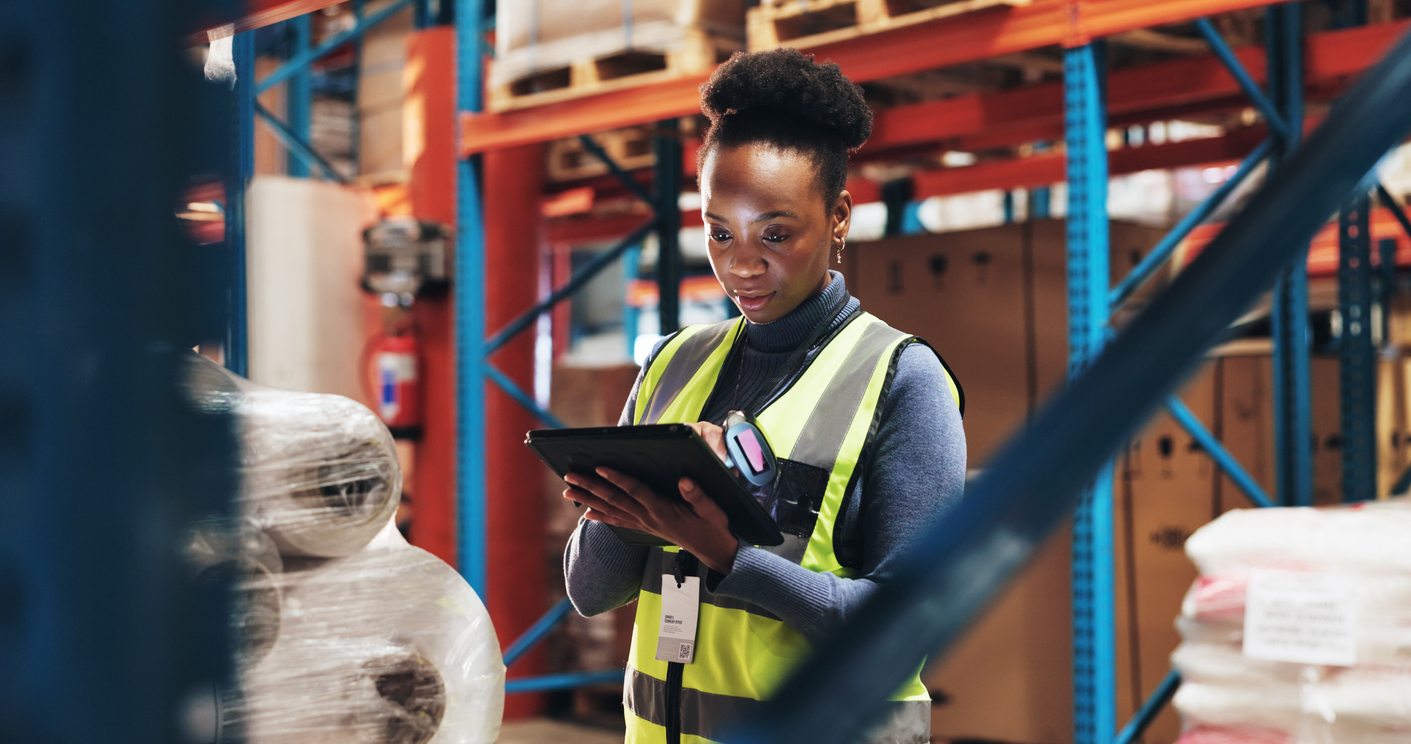How to Import Goods from Italy to Nigeria
How to Import Goods from Italy to Nigeria.
If you’re looking to importing goods from Italy to Nigeria, there are a few things that you need to take into account. First and foremost, you’ll need to check the legality of the product. If the product is being exported for commercial purposes, make sure that you have the proper paperwork in place. Next, make sure that you have the correct transport fees set up. If you’re importing goods that will be used in human exploitation or commerce, be sure to pay higher taxes than usual. Finally, be sure to consult with a Nigerian customs representative to ensure that your package is delivered properly and without any problems.
Check the legality of the product
It’s illegal to import a product that is not legal in Nigeria. If you’re importing a product for commercial purposes, make sure you have the proper paperwork and documentation in place. Make sure that you know what the correct transport fees are for the product and make sure that your package will be delivered without any problems.
Another important thing to note is that if you’re importing products from countries involved in humanitarian or human exploitation, you’ll want to pay higher taxes than if you were only importing goods from Italy. Consult with customs representatives in Nigeria so they can help ensure your package arrives properly and without any problems
Make sure you have the correct transport fees set up
If you’re importing goods to Nigeria, it’s important that you know what transport fees are going to be applied. There are a few different fees that can be applied:
A Value Added Tax (VAT) is a tax placed on goods and services by participating states. It is usually applied at the time of purchase or sale for goods or services produced in the country, but it can also be imposed on imported items from other countries. Each country has its own particular VAT rates, meaning that the products sold in one country might not have the same VAT as goods sold elsewhere.
You’ll need to check with your particular customs representative to find out what type of transport fee will apply for your product. For example, if you’re importing a vehicle, then it will be subject to import duties and taxes before being allowed into Nigeria. In this case, you must pay an additional Transport Fee before your package can make its way into the country.
Finally, when importing textiles and clothes into Nigeria, they are subject to an Import Duty which is based on their classification level according to the Harmonized System (HS). The HS classifies textiles and clothes into five classes; these classes determine what duty rates apply depending on their material type:
Consult with a Nigerian customs representative to ensure that your package is delivered properly and without problems
The information in this post is intended to help guide you through the process of importing goods from Italy. However, if you’re looking for more advice on importing goods from Italy, speak with a Nigerian customs representative. This person will be able to give you additional insight into how your package will be delivered and what taxes you might need to pay.
**A few things to keep in mind as well: **
– You’ll need a permit before beginning the import process
– There’s a lot of paperwork involved with importing goods; expect to spend time filling out forms
– ‘things can go wrong during the delivery process; make sure that your package arrives at its destination safely
Get the correct paperwork in place
It’s important to check the legality of your product before importing it. For example, if you’re importing a lot of goods that are going to be used in human exploitation or commercial purposes, you’ll need to pay higher taxes than usual.
If you’re planning on importing anything from Italy, make sure that you have all the paperwork in order. This includes customs clearance or registration certificates, import permits, and invoices for your country’s trade department.
You can find these documents on the Italian Ministry of Economy and Finance website under “Trade and Customs Clearance.” You’ll also need to reference UN Comtrade Database codes for goods that are subject to international trade duties, quotas, or other regulations.
Transport the product to Nigeria.
If you’re importing a product that you plan on using, importing it can be a complicated process. First, ensure that the product is legal to import in Nigeria. Next, find out what transportation fees will be required to deliver the goods from Italy to Nigeria. Finally, contact a Nigerian customs representative to ensure that your package will be delivered without any problems and without paying higher taxes than usual.
This is just some of the many things that you need to take into account when importing goods from Italy to Nigeria. Of course, these are general guidelines for most products, but there are always exceptions. With these tips in mind, you’ll have no problem navigating through the terrain and successfully importing your goods from Italy!








LEAVE A COMMENT
You must be logged in to post a comment.